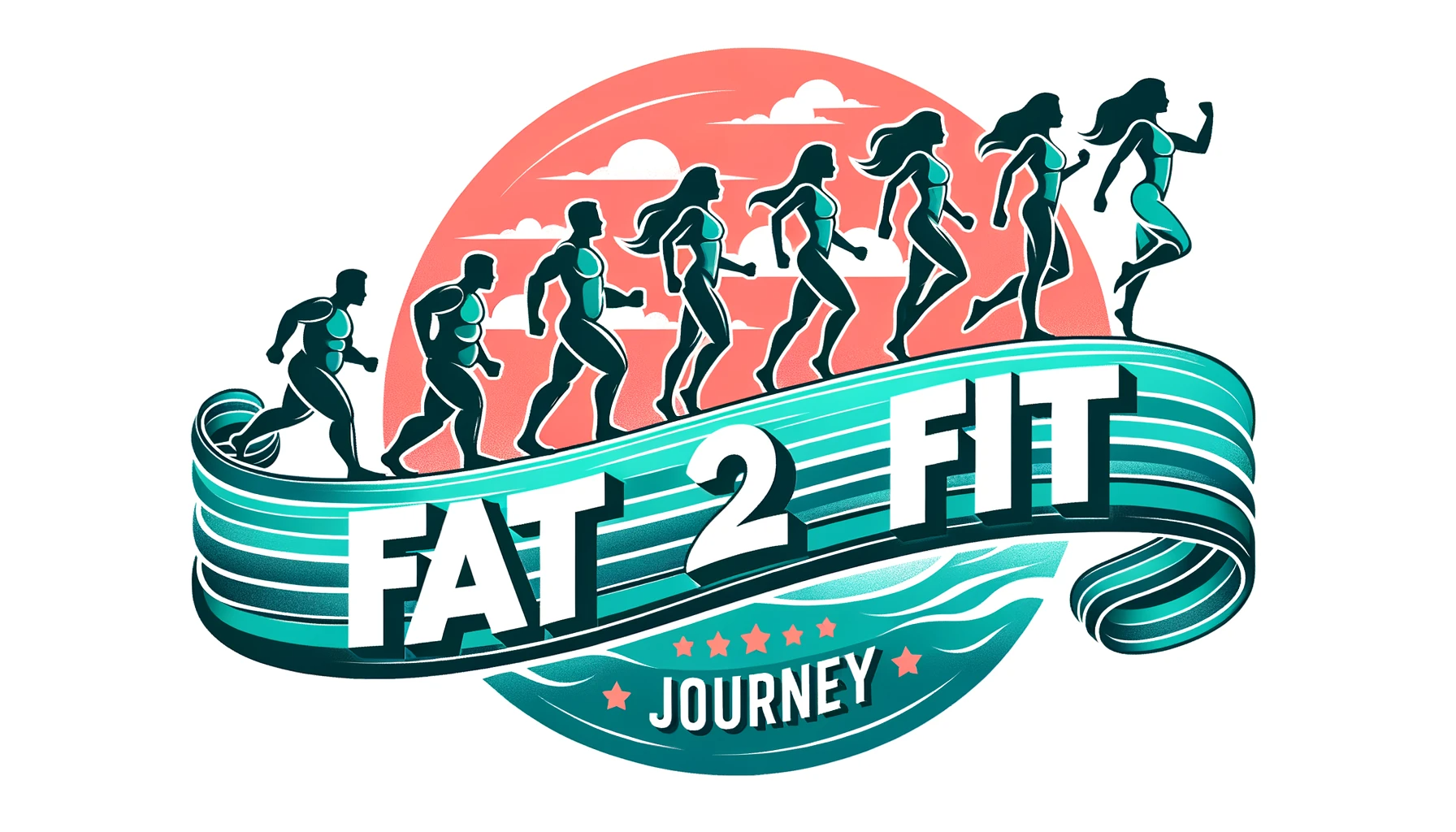Are you looking to improve your overall health and well-being? Look no further than “Nutrition Essentials: Expert Tips and Strategies.” This informative article provides you with expert advice and practical strategies to help you make informed choices about your daily nutrition. From understanding macronutrients and portion control to incorporating mindful eating habits, this article covers it all. Whether you’re a seasoned health enthusiast or just starting your wellness journey, “Nutrition Essentials” is your go-to resource for all things nutrition.

Table of Contents
Healthy Eating Habits
Eating healthy is an important part of maintaining a well-balanced lifestyle. By developing healthy eating habits, you can provide your body with the nutrients it needs to function at its best. Here are some key habits you can incorporate into your daily routine to support your overall health and wellness.
Portion Control
One of the fundamental aspects of healthy eating is practicing portion control. This means being mindful of the amount of food you consume in a sitting and being aware of your body’s hunger and fullness cues. By controlling your portion sizes, you can prevent overeating and maintain a healthy weight. A good rule of thumb is to fill half of your plate with vegetables, one quarter with lean protein, and the remaining quarter with whole grains or starchy vegetables.
Balanced Meals
When it comes to healthy eating, balance is key. Aim to include all the major food groups – fruits, vegetables, whole grains, lean proteins, and healthy fats – in your meals. Each food group provides different essential nutrients needed for optimal health. For example, fruits and vegetables are rich in vitamins, minerals, and fiber, while whole grains provide energy and fiber. By incorporating a variety of foods into your meals, you can ensure that you are getting a wide range of nutrients.
Mindful Eating
In today’s fast-paced world, it’s easy to eat on the go or while distracted by screens. However, practicing mindful eating can help you develop a healthier relationship with food. Mindful eating involves savoring and fully experiencing your food, paying attention to the taste, texture, and smell. It also involves listening to your body’s hunger and fullness cues. By slowing down and being present while eating, you can better control your food intake and make healthier choices.
Nutrient-Dense Foods
Nutrient-dense foods are those that provide a high amount of nutrients relative to their calorie content. Including these foods in your diet is crucial for maintaining health and preventing nutrient deficiencies. Here are some examples of nutrient-dense foods to incorporate into your meals.
Fruits and Vegetables
Fruits and vegetables are packed with essential vitamins, minerals, and fiber. They are low in calories but high in nutrients, making them an excellent choice for a healthy diet. Aim to include a variety of fruits and vegetables of different colors in your meals to ensure you are getting a wide range of nutrients. Fresh, frozen, or even canned fruits and vegetables can all be part of a healthy diet.
Whole Grains
Whole grains are an important source of complex carbohydrates, fiber, and various micronutrients. Unlike refined grains, they retain the bran and germ, making them more nutritious. Examples of whole grains include quinoa, brown rice, oats, and whole wheat bread. Try to replace refined grains in your diet with whole grains to increase your nutrient intake.
Lean Proteins
Protein is essential for muscle growth, tissue repair, and a strong immune system. Including lean proteins in your diet can help you meet your daily protein needs without excess fat and calories. Good sources of lean protein include chicken breast, turkey, fish, tofu, lentils, and beans. Remember to balance your protein intake with vegetables, whole grains, and healthy fats for a well-rounded meal.
Importance of Macronutrients
Macronutrients are the nutrients that provide energy in the form of calories. Carbohydrates, proteins, and fats are the three main macronutrients essential for maintaining proper bodily functions. Understanding the role of each macronutrient can help you make informed choices about your diet.
Carbohydrates
Carbohydrates are the body’s preferred source of energy. They provide fuel for the brain, muscles, and organs. Carbohydrates can be found in foods such as fruits, vegetables, whole grains, legumes, and dairy products. It’s important to choose complex carbohydrates, such as whole grains, which provide sustained energy and are rich in fiber. Simple carbohydrates, like sugary snacks and drinks, should be consumed in moderation as they can lead to spikes in blood sugar levels.
Proteins
Proteins are the building blocks of the body, responsible for building and repairing tissues, producing enzymes and hormones, and supporting immune function. Good sources of protein include lean meats, poultry, fish, eggs, dairy products, legumes, and tofu. Aim to include a variety of protein sources in your diet to ensure you are getting all the essential amino acids.
Fats
Although often demonized, fats are an essential part of a healthy diet. They provide energy, support cell growth, protect organs, and help the body absorb certain vitamins. Healthy sources of fats include avocados, nuts, seeds, olive oil, and fatty fish. It’s important to choose unsaturated fats, such as those found in nuts and seeds, while limiting saturated and trans fats, typically found in processed and fried foods.
Micronutrients and Their Roles
In addition to macronutrients, micronutrients are essential for overall health. Micronutrients include vitamins and minerals, which are required in small amounts but play crucial roles in various bodily functions.
Vitamins
Vitamins are organic compounds that the body needs to function properly. They are involved in many physiological processes, such as regulating metabolism, promoting growth and development, supporting immune function, and protecting against cell damage. There are 13 essential vitamins, including vitamins A, C, D, E, K, and the B vitamins. Each vitamin has unique functions and can be obtained from a varied and balanced diet.
Minerals
Minerals are inorganic elements that the body needs in small amounts for various bodily functions. They are involved in processes such as bone formation, nerve function, hormone production, and immune system support. Some examples of essential minerals include calcium, iron, magnesium, zinc, and potassium. Eating a diverse range of fruits, vegetables, whole grains, and lean proteins can help ensure you are getting an adequate intake of essential minerals.

Hydration and Its Effects
Proper hydration is essential for overall health and well-being. Water makes up a significant portion of our bodies and is involved in numerous physiological processes. Understanding the importance of hydration and maintaining proper fluid balance is crucial.
Water Intake
Water plays a vital role in maintaining body temperature, lubricating joints, transporting nutrients, and removing waste. It is recommended to drink at least eight cups (64 ounces) of water per day, although individual needs can vary based on factors such as physical activity, climate, and overall health. Apart from water, other hydrating beverages such as herbal tea and infused water can contribute to your daily fluid intake.
Electrolyte Balance
Electrolytes are minerals that dissolve in water and help maintain fluid balance in the body. They play a crucial role in muscle function, nerve signaling, and pH balance. Common electrolytes include sodium, potassium, calcium, and magnesium. It’s important to consume a varied diet containing foods rich in electrolytes, such as fruits, vegetables, dairy products, and nuts. Additionally, during periods of intense physical activity or high temperature, electrolyte-rich sports drinks can help replenish lost electrolytes.
Meal Planning and Prepping
Meal planning and prepping can be valuable tools to support healthy eating habits. By taking the time to plan and prepare your meals in advance, you can make healthier choices and save time during busy weekdays.
Creating a Grocery List
A crucial step in meal planning is creating a grocery list. Take some time to plan your meals for the week, taking into account the foods you enjoy and the nutrients you need. Make a list of ingredients required for those meals and add any necessary staples or snacks you may need. Stick to your grocery list to avoid impulse purchases of unhealthy foods.
Preparing Healthy Snacks
Having healthy snacks readily available can help prevent mindless snacking on unhealthy options. Preparing snacks like cut-up vegetables, fruit slices, Greek yogurt, or homemade protein bars in advance can be a convenient and nutritious option. Portioning out snacks into individual containers or bags can also help with portion control and accessibility throughout the week.
Batch Cooking
Batch cooking involves preparing larger quantities of food to be enjoyed over several meals. It can save time and ensure you have healthy options readily available. Cook meals in bulk, such as soups, stews, or casseroles, and portion them into individual containers for quick and easy meals throughout the week. This approach can also help reduce food waste and allow for variation in your meals by adding different sauces or toppings.

Reading Food Labels
Understanding how to read food labels is essential for making informed choices about the food you consume. Labels provide valuable information about serving sizes, nutritional content, and hidden ingredients.
Understanding Serving Sizes
Serving sizes on food labels indicate the recommended amount of food to consume in one serving. It’s important to note that serving sizes may differ from the amount you typically consume. Pay attention to the number of servings per container, as well as the serving size in grams or ounces. This information can help you calculate the nutrients you are consuming accurately.
Interpreting Nutritional Information
Nutritional information on food labels provides detailed information about the nutrient content of the product. This information typically includes calories, macronutrients (carbohydrates, proteins, and fats), fiber, sugar, and sodium. Use this information to compare products and choose options that best align with your dietary needs and goals.
Identifying Hidden Ingredients
Food labels can also indicate the presence of hidden ingredients such as added sugars, artificial sweeteners, preservatives, or allergens. It’s important to scan the ingredients list to ensure the product does not contain any ingredients you may be trying to avoid. Familiarize yourself with the names of common additives to make more informed choices about the food you consume.
The Impact of Dietary Restrictions
For individuals with dietary restrictions or specific dietary choices, it’s important to understand how to navigate a diet that aligns with their needs while still meeting their nutritional requirements.
Vegetarian and Vegan Diets
Vegetarian and vegan diets exclude meat and sometimes other animal products. It’s essential to ensure you are getting all the necessary nutrients, such as protein, iron, calcium, vitamin D, and vitamin B12, by incorporating plant-based sources. Foods like legumes, tofu, tempeh, quinoa, leafy greens, nuts, and fortified plant-based milk alternatives can help meet these nutrient needs.
Gluten-Free and Dairy-Free Diets
A gluten-free diet excludes foods containing gluten, a protein found in wheat, barley, and rye. Dairy-free diets exclude dairy products or lactose, the sugar found in milk and milk products. It’s important for individuals following these diets to find suitable alternatives to ensure they are getting all the essential nutrients. Gluten-free grains like rice, quinoa, and corn, as well as dairy-free options such as almond milk, coconut milk, and fortified non-dairy products, can be suitable alternatives.
Eating for Performance and Exercise
Proper nutrition plays a vital role in supporting performance and aiding in exercise recovery. Fueling your body with the right nutrients before and after workouts can help optimize performance and promote muscle repair.
Pre-Workout Fuel
Consuming a balanced meal or snack before exercise provides the necessary energy for optimal performance. It’s important to include carbohydrates for fuel, protein for muscle repair, and a small amount of healthy fats for sustained energy. Examples of pre-workout snacks include a banana with almond butter, Greek yogurt with berries, or a whole grain toast with avocado and lean protein.
Post-Workout Recovery
After exercising, it’s essential to replenish your energy stores and aid muscle recovery. Consuming a combination of carbohydrates and protein within the first hour after exercise can help promote muscle repair and replenish glycogen stores. Examples of post-workout snacks include a protein shake or smoothie, a turkey and vegetable wrap, or a Greek yogurt with fruit and granola.
Mindset and Emotional Eating
The relationship between food and emotions is complex, and many individuals struggle with emotional eating. Understanding emotional triggers and developing healthy coping mechanisms can help promote a balanced approach to food.
Identifying Emotional Triggers
Emotional eating often occurs in response to stress, sadness, boredom, or other negative emotions. Identifying your emotional triggers can help you create strategies to manage them more effectively. Keep a journal to track your emotions and eating patterns, helping you recognize any underlying patterns or triggers.
Developing Healthy Coping Mechanisms
Instead of turning to food as a coping mechanism, develop alternative strategies to manage your emotions. Engaging in activities such as exercise, journaling, deep breathing, or talking to a trusted friend or counselor can provide healthy outlets for stress and emotions. Finding non-food-related ways to relax and manage emotions can ultimately lead to a healthier relationship with food.
In conclusion, developing healthy eating habits is essential for maintaining overall health and well-being. By practicing portion control, incorporating nutrient-dense foods, understanding macronutrients and micronutrients, staying hydrated, meal planning and prepping, reading food labels, managing dietary restrictions, fueling for exercise, and addressing mindset and emotional eating, you can make well-informed choices about the food you consume and support your overall health goals. Remember to approach your journey to healthy eating with a friendly, positive mindset, and make small changes that are sustainable for the long term.
